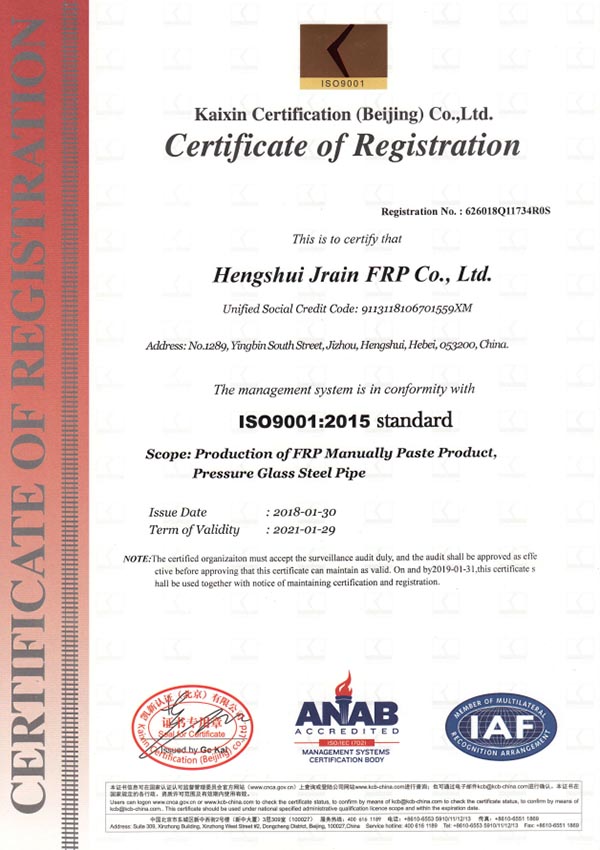
-
 Afrikaans
Afrikaans -
 Albanian
Albanian -
 Amharic
Amharic -
 Arabic
Arabic -
 Armenian
Armenian -
 Azerbaijani
Azerbaijani -
 Basque
Basque -
 Belarusian
Belarusian -
 Bengali
Bengali -
 Bosnian
Bosnian -
 Bulgarian
Bulgarian -
 Catalan
Catalan -
 Cebuano
Cebuano -
 China
China -
 China (Taiwan)
China (Taiwan) -
 Corsican
Corsican -
 Croatian
Croatian -
 Czech
Czech -
 Danish
Danish -
 Dutch
Dutch -
 English
English -
 Esperanto
Esperanto -
 Estonian
Estonian -
 Finnish
Finnish -
 French
French -
 Frisian
Frisian -
 Galician
Galician -
 Georgian
Georgian -
 German
German -
 Greek
Greek -
 Gujarati
Gujarati -
 Haitian Creole
Haitian Creole -
 hausa
hausa -
 hawaiian
hawaiian -
 Hebrew
Hebrew -
 Hindi
Hindi -
 Miao
Miao -
 Hungarian
Hungarian -
 Icelandic
Icelandic -
 igbo
igbo -
 Indonesian
Indonesian -
 irish
irish -
 Italian
Italian -
 Japanese
Japanese -
 Javanese
Javanese -
 Kannada
Kannada -
 kazakh
kazakh -
 Khmer
Khmer -
 Rwandese
Rwandese -
 Korean
Korean -
 Kurdish
Kurdish -
 Kyrgyz
Kyrgyz -
 Lao
Lao -
 Latin
Latin -
 Latvian
Latvian -
 Lithuanian
Lithuanian -
 Luxembourgish
Luxembourgish -
 Macedonian
Macedonian -
 Malgashi
Malgashi -
 Malay
Malay -
 Malayalam
Malayalam -
 Maltese
Maltese -
 Maori
Maori -
 Marathi
Marathi -
 Mongolian
Mongolian -
 Myanmar
Myanmar -
 Nepali
Nepali -
 Norwegian
Norwegian -
 Norwegian
Norwegian -
 Occitan
Occitan -
 Pashto
Pashto -
 Persian
Persian -
 Polish
Polish -
 Portuguese
Portuguese -
 Punjabi
Punjabi -
 Romanian
Romanian -
 Russian
Russian -
 Samoan
Samoan -
 Scottish Gaelic
Scottish Gaelic -
 Serbian
Serbian -
 Sesotho
Sesotho -
 Shona
Shona -
 Sindhi
Sindhi -
 Sinhala
Sinhala -
 Slovak
Slovak -
 Slovenian
Slovenian -
 Somali
Somali -
 Spanish
Spanish -
 Sundanese
Sundanese -
 Swahili
Swahili -
 Swedish
Swedish -
 Tagalog
Tagalog -
 Tajik
Tajik -
 Tamil
Tamil -
 Tatar
Tatar -
 Telugu
Telugu -
 Thai
Thai -
 Turkish
Turkish -
 Turkmen
Turkmen -
 Ukrainian
Ukrainian -
 Urdu
Urdu -
 Uighur
Uighur -
 Uzbek
Uzbek -
 Vietnamese
Vietnamese -
 Welsh
Welsh -
 Bantu
Bantu -
 Yiddish
Yiddish -
 Yoruba
Yoruba -
 Zulu
Zulu
frp drum
The Versatility of FRP Drums Applications and Benefits
In the world of materials science and engineering, the rise of Fiber Reinforced Plastics (FRP) has revolutionized how industries handle storage and transportation solutions. One such application where FRP shines is in the manufacturing of drums. FRP drums have gained traction for their unique properties that make them suitable for a variety of uses, particularly in environments that require durability and resistance to corrosion.
What are FRP Drums?
FRP drums are containers constructed from a composite material that combines a polymer matrix with fibers, such as glass, carbon, or aramid. This fusion results in a product that is not only lightweight but also exhibits high strength and stiffness, enabling it to withstand heavy loads and extreme environmental conditions. Unlike traditional metal or plastic drums, FRP drums do not rust or corrode, making them ideal for storing chemicals, hazardous materials, and food products.
Benefits of FRP Drums
One of the most significant advantages of FRP drums is their excellent resistance to chemicals. They can safely contain aggressive substances that would typically degrade or damage conventional containers. This property is crucial in sectors such as pharmaceuticals, agriculture, and industrial chemicals, where product integrity is paramount.
Additionally, FRP drums are environmentally friendly. Their long lifespan reduces the frequency of replacement, which leads to less waste. Once they reach the end of their useful life, many FRP materials can be recycled, contributing to a more sustainable approach to material management.
frp drum

Weight efficiency is another critical benefit of FRP drums. They are significantly lighter than their metal counterparts, making them easier to transport and handle. This reduction in weight not only enhances logistics but also helps to lower transportation costs and carbon emissions associated with cargo movement.
Applications of FRP Drums
FRP drums are utilized in various sectors, demonstrating their versatility and effectiveness. In the chemical industry, they are the preferred choice for storing solvents, acids, and other corrosive substances. Their robust construction ensures safety and compliance with regulatory standards.
In the food and beverage industry, FRP drums are increasingly being used for bulk storage of ingredients. They are easy to clean and maintain, reducing the risk of contamination. The FDA has approved certain types of FRP for food contact, making them a safe option for producers.
Additionally, industries involved in hazardous waste management utilize FRP drums to contain waste products safely. The non-corrosive nature of these drums prevents leaks and spills, ensuring compliance with environmental regulations and protecting public health.
Conclusion
As industries evolve and the demand for advanced materials increases, the role of FRP drums becomes more prominent. Their unique combination of strength, light weight, chemical resistance, and environmental sustainability makes them an invaluable asset in various applications. From chemical storage to food processing, FRP drums are changing how businesses think about storage solutions. As awareness of their benefits continues to grow, we can expect the adoption of FRP drums to expand across more industries, paving the way for innovative and safer handling of materials in today's dynamic market.
Latest news
-
Exploring the Benefits of Top Hammer Drifter Rods for Enhanced Drilling PerformanceNewsJun.10,2025
-
High-Precision Fiberglass Winding Machine for GRP/FRP Pipe Production – Reliable & Efficient SolutionsNewsJun.10,2025
-
FRP Pipes & Fittings for Shipbuilding - Corrosion-Resistant & LightweightNewsJun.09,2025
-
Premium FRP Flooring Solutions Durable & Slip-ResistantNewsJun.09,2025
-
Premium Fiberglass Rectangular Tanks Durable & Lightweight SolutionNewsJun.09,2025
-
Tapered Drill String Design Guide Durable Performance & UsesNewsJun.09,2025









